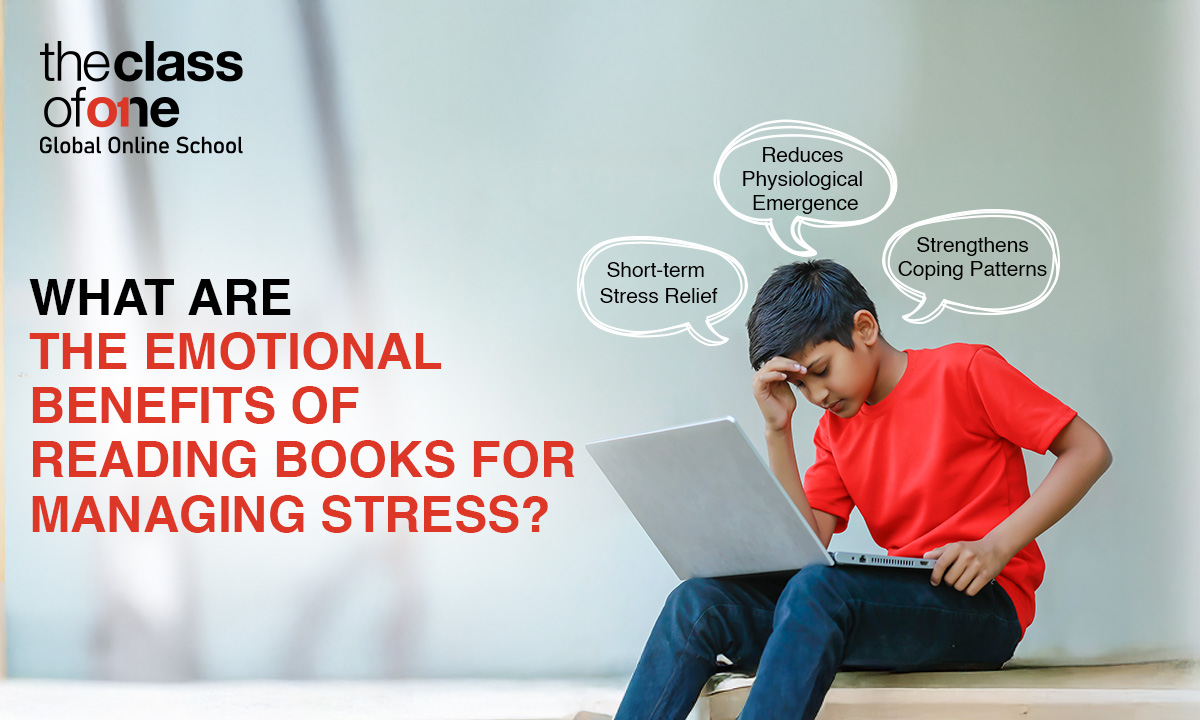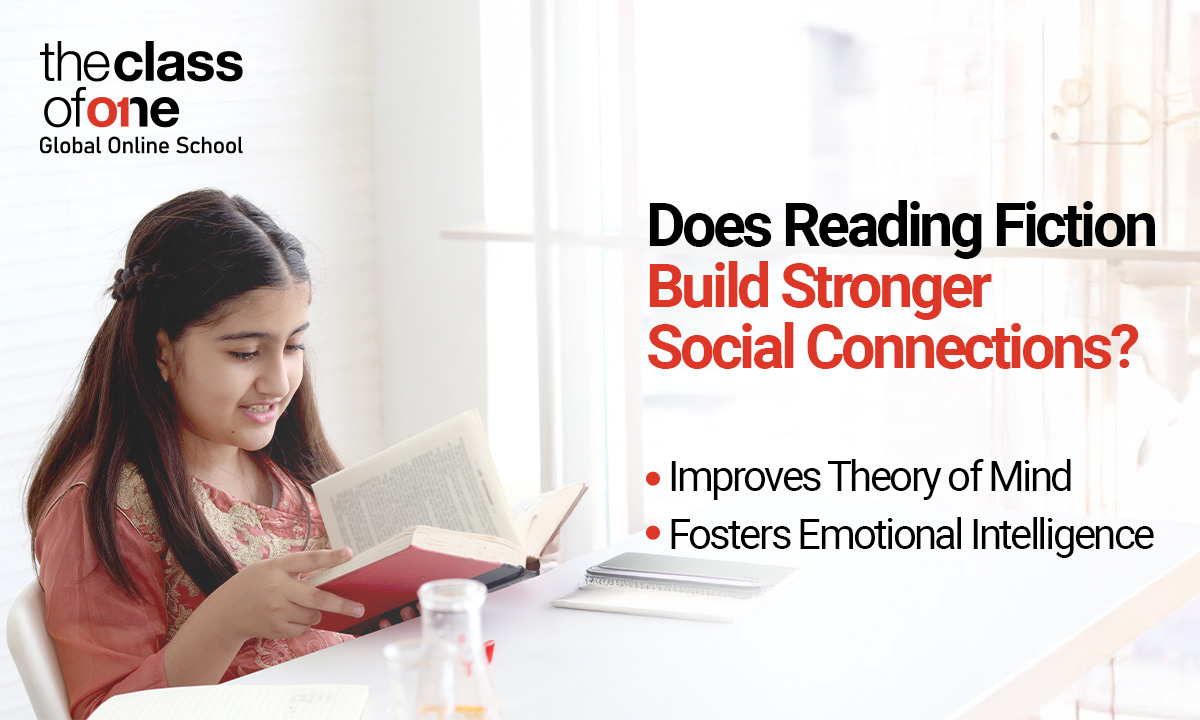
The digital age often provides unlimited stimulation, but the simple act of opening a book cannot be substituted with anything more powerful or transformative. There would never be a student or an adult who feels that trying to commit to regular reading is not a passion but an essential investment in their well-being. Here, we will explain the visible or cognitive, emotional, and social benefits of reading books, and this guide provides a very clear view of how this practice promotes holistic maturation.
The brain, just like any muscle, needs exercise to enable optimal performance. Reading brings about this kind of exercise, whereby it requires using complex neural networks that control memory recall and analysis.
Cognitive functioning is described as the thinking processes that enable a person to perform tasks, such as learning, reasoning, remembering, and problem-solving. As you read, your brain is busy processing several threads of the storyline, and creating images of the setting. It is an intensive exercise that serves as a powerful kind of mental stimulation.
One of the main roles of the mind is that it can store information and retrieve it, and, when it comes to dealing with a complex story, it is a strong workout tool. As a reader digests a book, they are asked to store in their short-term memory an amazing volume of information, which includes the names of characters, setting descriptions, and the history of the plot line, all of which contribute to the reader's understanding of the sentence at hand. The practice also goes a long way in enhancing the capability of the brain to remember certain information. If a person is a habitual reader, then there are better-known abilities that show a greater capacity for development, which is popularly known as cognitive reserve —the mind's ability to resist trauma. The general benefit of reading books among students is that the retention of information in the curriculum is apparent.
In a world full of quick distractions and constant alerts, being able to focus on one thing, like a book, is a truly valuable skill. Concentration is just the power to hold your attention steady. When you dive into a book, those outside noises disappear, and your mind gets a gentle but effective workout. This helps you build that crucial focusing muscle for everything you do.
Critical thinking is the objective interpretation and critique of an issue to conclude. Reading in general and reading a complex text or in non-fiction involves the reader having to continuously debate arguments, examine their motivation, and make predictions. This continuous practice of analysing makes one logical and thoughtful. The books make a reader consider not only superficial knowledge about an issue but also work it out as an independent conclusion. This is a key academic skill and a smart life decision-making skill that one needs to thrive.
Although reading has always been viewed as an isolated form of activity, most of the underlying consequences are perceived in its emotional and social intelligence, as well as capabilities. By stepping into another person's perspective, a reader gains invaluable insight into the human condition

Emotional regulation refers to the ability to respond to current experiences in a socially acceptable manner with varied or differing reactions in quality. Reading gives easily available and instant self-care. Through engagement with an interesting story, it is evident that withdrawal is a temporary and beneficial way of taking the day-to-day stress off the reader, which plays a significant role in the positive impact of book reading in reducing stress.
Empathy, which is the capacity to sympathise with and feel the emotions of a person, is enhanced dramatically by reading fiction. Books enable one to live through the inner lives and multiple worlds of various characters that they would have never had the chance to experience otherwise. This increased social consciousness is among the greatest benefits of reading books for students as they go through difficult times.

Reading also gives one an international ticket to world wisdom, because what one gets to read opens one to another culture, history, and socio-economic conditions that are way beyond one's immediate surroundings. It assists in deconstructing attitudes and misinformed views, and it makes one realise how human life is complicated in the world. This shift of thinking is one of the main ways towards responsible and active international citizenship.
The exposure to language is necessarily correlated with the quality of the communication one has, both verbal and written. The constant reading introduces the brain to high-quality prose, the diverse sentence structure, and an extensive range of lexicons.
The overwhelming evidence all boils down to the main point that being a reader is not a school duty; it is also an ability to help someone develop wholly. Varying in terms of enhancing cognitive lifespan and critical thinking to developing profound emotional intelligence and mastery of communication, the benefits of reading books generate a strong standing of development in every department of life. It equips the mind with the intellectual skills that one needs to survive in a dynamic world.
At The Class of One (TCO1), we champion this philosophy of holistic growth. Our mission is built on the understanding that the finest education extends well beyond the prescribed curriculum. We actively encourage and integrate the lifelong habit of reading, recognising it as the single most effective way to fuel a student’s personal commitment to intellectual curiosity and emotional well-being. Choose an educational partner that not only teaches the syllabus but nurtures the whole mind, ready for a lifetime of inspired learning.